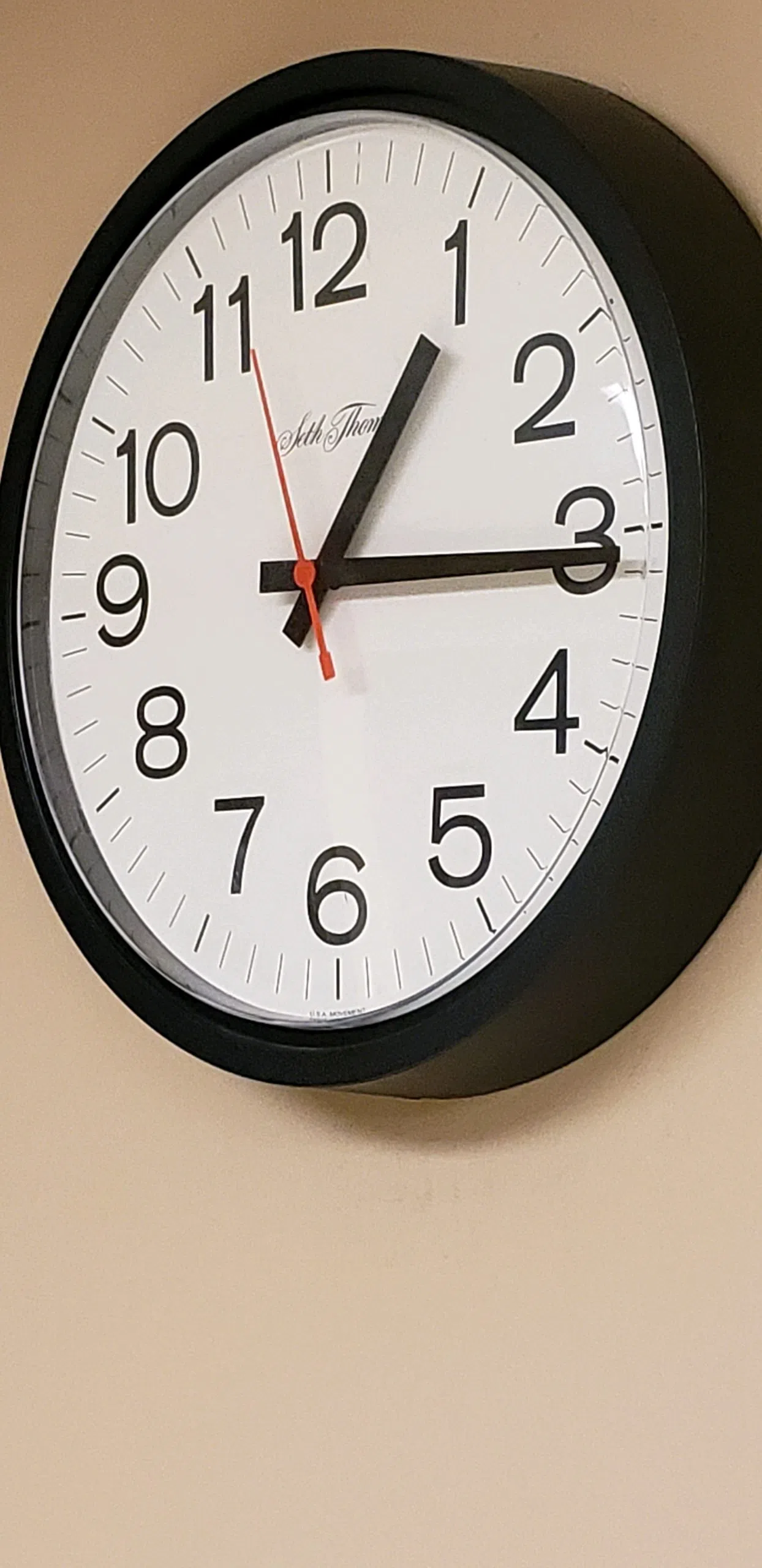
By: Jeff Beach
FARGO (North Dakota Monitor) – What if North Dakotans quit changing their clocks twice a year?
“Chaos might be too strong a word,” said Charley Johnson, president and CEO of the Fargo-Moorhead Convention and Visitors Bureau. “But certainly confusing.”
As most Americans prepare to spring forward into daylight saving time this weekend, the North Dakota Legislature is considering a bill that would end the time changes, operating on standard time all year long.
Johnson, whose organization operates in Fargo and Moorhead, Minnesota, promoting tourism and events, said it’s a really bad idea. He noted that roughly one-third of North Dakota residents live in Fargo, Grand Forks and Wahpeton, cities with strong ties to neighboring towns across the Red River in Minnesota.
The one-hour difference with neighboring states would be for about eight months of the year, while those states are an hour ahead on daylight saving time.
“I can’t imagine how confusing and difficult it might be,” Johnson said.
House Bill 1259 was passed by the North Dakota House and awaits a hearing in the state Senate.
The bill was introduced by Rep. Roger Maki, R-Watford City. It’s an idea that has been proposed in previous sessions but getting approval in the House has people taking notice.
“We will be much more active now that it actually has traction,” said Shannon Full, president and CEO of the Fargo Moorhead West Fargo Chamber of Commerce.
Full said 100 businesses, large and small, have signed onto a letter in opposition to the bill.
“We know that businesses already face challenges attracting and retaining talent. We just really don’t need any more barriers to that,” Full said.
Derrick LaPoint is president and CEO of Downtown Moorhead Inc. “People didn’t take it that seriously,” LaPoint said, knowing that North Dakota lawmakers have shot down the idea before.
But passing the House “takes it a bit more into reality.”
While he represents business, he said he thinks of the effect on families like his, with elementary-aged children and a spouse who works in Fargo while they live in Moorhead.
The hour difference could throw off schedules for school or child care drop-offs and pick-ups and getting to events in the evening.
“It’s such a unified region,” LaPoint said.
An organization called Save Standard Time provided testimony on the North Dakota bill. It also tracks efforts in states considering similar legislation. The group’s chart shows Nebraska and North Dakota as the closest to ending the time-change
Maki said he worked with the group and brought the bill at the request of a constituent.
Farmers, especially those with livestock, have often been critics of daylight saving time.
Some health professionals say it is bad for people’s sleep patterns.
Hawaii and Arizona already do not observe daylight saving time.
In 2021, the North Dakota Senate passed a bill that would have put the state on daylight saving time all year, but it failed in the House. Similar bills have been proposed in other states.
Johnson said he wouldn’t mind getting rid of daylight saving time, but North Dakota shouldn’t do it on its own.
“If the country decides to pick one and stick with it, that’s fine,” Johnson said.
The bill has been referred to the Senate State and Local Government Committee. A committee hearing has not yet been scheduled.




Comments